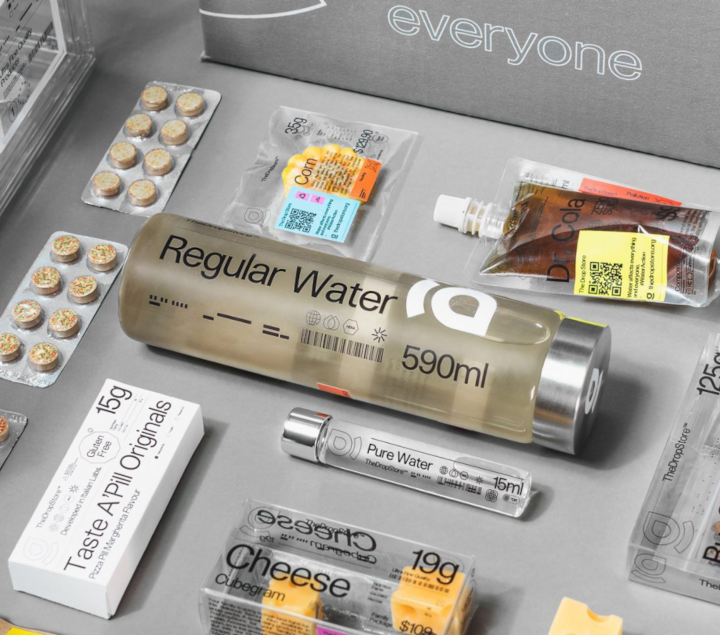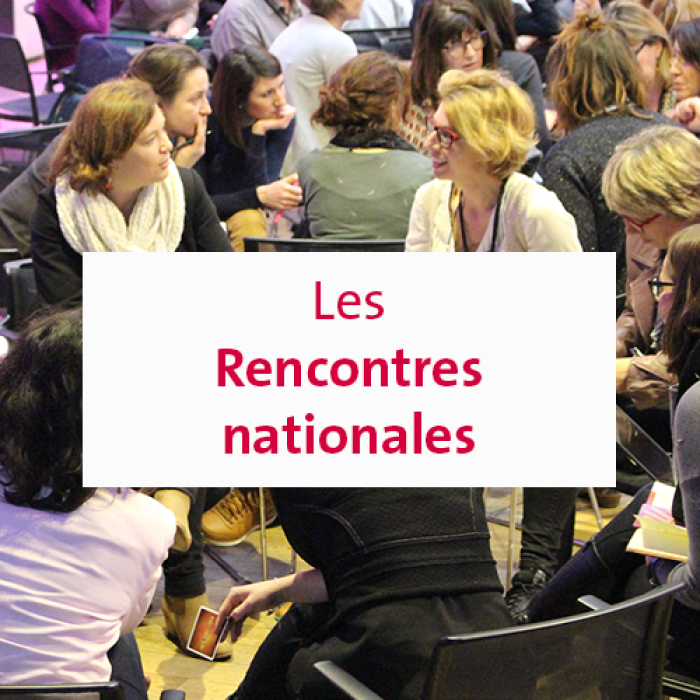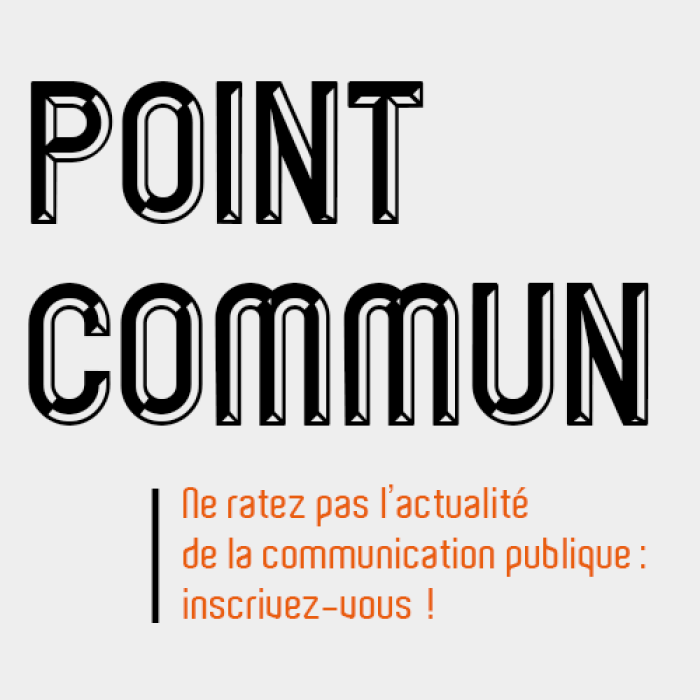
A dystopian Dutch campaign shows the impact of the water crisis on prices
Soaring prices and a new shopping experience at The Drop Store. Opened by the Dutch Ministry of Foreign Affairs, this dystopian online store offers everyday products at exorbitant prices to highlight the future impact of the global water shortage on people’s daily lives.
“Your marketplace for a world in water crisis. Welcome to a new shopping experience”, says the wording on the sleekly designed homepage of The Drop Store. “Learn more about products you’ll only find here”, including 15 ml of water for $198, 5 grams of rice for $89.95, 28 sheets of toilet paper for $299, a skirt for $6,499, and even a mobile phone for $11,500. The products are commonplace, the prices exorbitant. The only affordable item is untreated tap water at $1.99 per 590 millilitres. At this price, the liquid is brownish and “potentially contaminated with debris, harmful chemicals, pharmaceuticals, fertilisers and excrement”. Each product sheet features sales pitches with thinly veiled irony, alongside information not on nutritional value but on the number of litres of water needed to produce it. There are also explanations of the reasons for the exorbitant price and suggestions for action.
“Water affects everything and everyone: the products we use, the food we eat, the clothes we wear”, explains the page that describes how the online store came to be. It identifies three issues: droughts, floods and pollution. A pictogram for each of these issues is displayed on the store’s product labels. The campaign encourages people to take action by contacting the organisations fighting the looming water crisis, and to pass on its message using the media kit.
The Drop Store was set up by the Dutch Ministry of Foreign Affairs and creative agency Publicis to give people a practical understanding of how a water crisis, and climate change in general, would affect their daily lives and consumption patterns. The campaign was launched to coincide with the United Nations Water Conference in March 2023, at which the UN warned of the “imminent” risk of a global water crisis. Ultimately, this campaign was not quite as dystopian as it seems, given that the link between inflation and climate disruption now has its own word: climateflation. New word or not, the subject has been at the top of the communication agenda for some time now, and will remain there for a long time to come.






